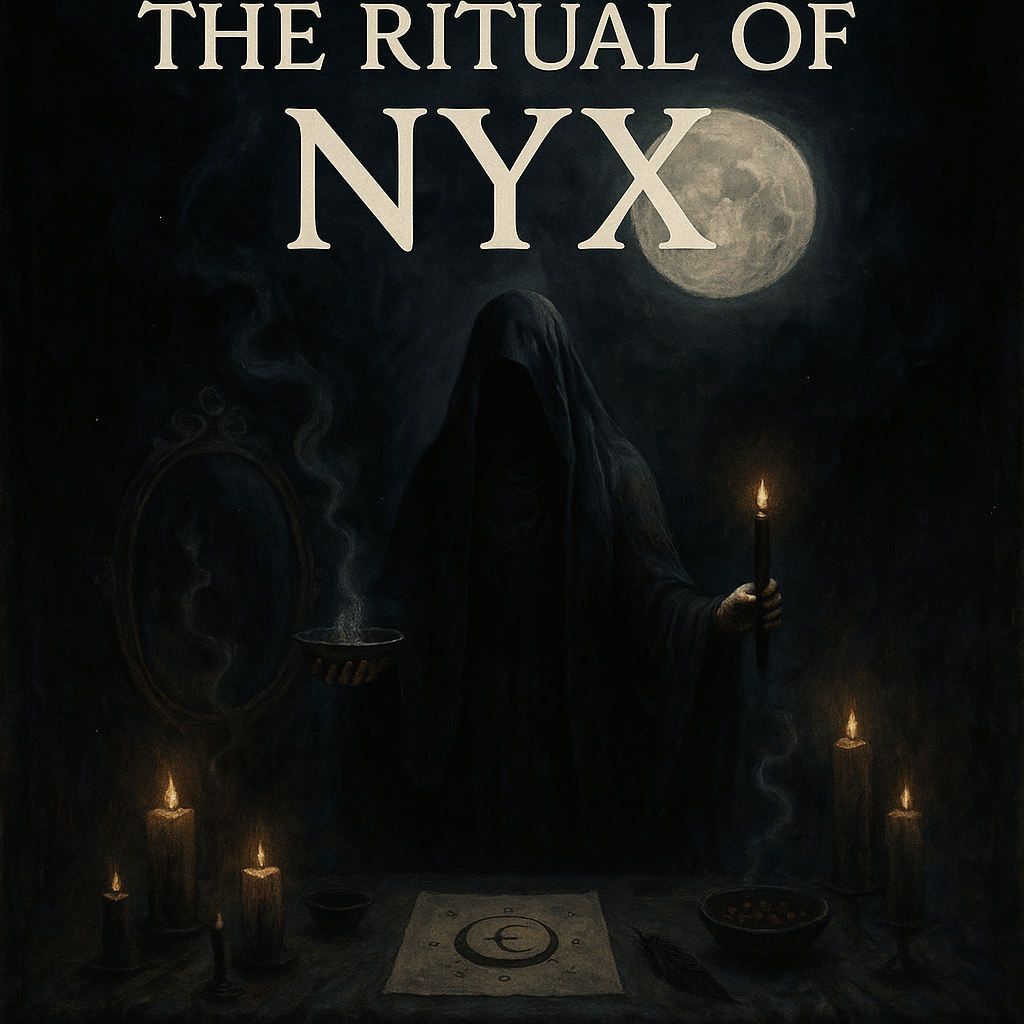Your cart is currently empty!

Unveiling the Mysteries: The Enigmatic Life of Aleister Crowley
Aleister Crowley, often dubbed the “Wickedest Man in the World,” remains one of the most enigmatic and controversial figures in the history of occultism. His life was a tapestry of mysticism, magic, scandal, and extremes, leaving a legacy that continues to intrigue, inspire, and provoke criticism. Let’s delve deeply into the life and teachings of this fascinating figure, exploring the depths of his influence and the mysteries he left behind, including the controversies and negative views surrounding him.
Early Life and Education
Born Edward Alexander Crowley on October 12, 1875, in Royal Leamington Spa, England, Crowley was raised in an upper-class Christian family. His parents were devout members of the Plymouth Brethren, a strict evangelical sect. Despite his strict religious upbringing, Crowley rebelled against conventional religious norms early on, seeking out the esoteric and the occult. His education at Cambridge University was marked by his embrace of radical ideas and his burgeoning interest in mysticism and magic.
Crowley’s early exposure to religious fervor left a lasting impact on him. His father, a preacher, died when Aleister was just 11, an event that profoundly affected him and fueled his desire to question and defy religious dogma.
The Golden Dawn and Early Influences
Crowley’s journey into the occult truly began with his involvement in the Hermetic Order of the Golden Dawn, a secret society dedicated to the study and practice of the occult, metaphysics, and paranormal activities. This period was crucial in shaping his understanding of ceremonial magic and the esoteric arts. The Golden Dawn attracted some of the most prominent occultists of the time, including William Butler Yeats and Samuel Liddell MacGregor Mathers.
Crowley’s tenure with the Golden Dawn was marked by intense study and practice of ritual magic. However, his brash personality and disagreements with other members, particularly Mathers, led to internal conflicts and his eventual expulsion from the order. Despite this, the Golden Dawn’s teachings left an indelible mark on Crowley’s own magical practices.
The Birth of Thelema
In 1904, during a visit to Cairo, Egypt, Crowley claimed to have received a revelation from a supernatural entity named Aiwass, which led to the creation of Thelema, a spiritual philosophy centered around the principle of “Do what thou wilt shall be the whole of the Law.” This revelation was documented in his seminal work, “The Book of the Law,” which became the cornerstone of Thelemic thought.
The reception of “The Book of the Law” marked a turning point in Crowley’s life. Thelema, with its focus on individual will and liberation from societal norms, became Crowley’s guiding philosophy. He believed himself to be the prophet of a new age, the Aeon of Horus, characterized by self-realization and spiritual awakening.
The Great Beast 666
Crowley’s bold and often scandalous lifestyle earned him the nickname “The Great Beast 666.” He embraced this title, aligning himself with the number of the beast mentioned in the Book of Revelation. His public persona was marked by a series of controversial acts, including drug use, sexual experimentation, and public displays of magic and mysticism. These actions were both a source of fascination and revulsion for the public.
His writings, such as “Diary of a Drug Fiend” and “Magick in Theory and Practice,” reflect his unorthodox approach to spirituality and life. Crowley advocated for the use of drugs and sexual magic as means of achieving altered states of consciousness and spiritual enlightenment, practices that shocked and outraged his contemporaries.
The Ordo Templi Orientis (O.T.O.)
Crowley’s influence extended to the Ordo Templi Orientis, an esoteric fraternal organization that he reformed and expanded. Under his leadership, the O.T.O. became a significant force in the world of occultism, promoting the principles of Thelema and the practice of magick. Critics, however, accused him of using the organization for his own financial and personal gain, often pointing to his extravagant lifestyle.
Crowley’s reformation of the O.T.O. involved the incorporation of Thelemic principles into its rituals and teachings. He envisioned the O.T.O. as a vehicle for the dissemination of Thelema, and his influence is still evident in the organization’s practices today.
Controversy and Criticism
Crowley’s life was marred by numerous controversies. Many viewed him as a charlatan and a self-promoter more interested in shocking the public than in genuine spiritual enlightenment. His open use of drugs and his sexual escapades led to public outcry and legal troubles. Additionally, his writings and rituals, which often included blasphemous and sacrilegious elements, made him a target of intense criticism from religious and conservative groups.
During his lifetime, Crowley was often portrayed in the media as a dangerous and immoral figure. His relationships with prominent figures, his scandals, and his defiance of social norms only fueled this negative image. Despite this, Crowley relished his role as a provocateur and saw himself as a revolutionary challenging the status quo.
Later Years and Legacy
Crowley spent his later years traveling and continuing his work in occultism. He established the Abbey of Thelema in Cefalù, Sicily, where he lived and taught until being expelled by Mussolini’s government in 1923. His health declined due to his long-term drug addiction, and he spent his final years in relative obscurity, passing away in 1947.
Despite his controversial life, Crowley’s writings and teachings have left a lasting impact on modern occultism and esoteric traditions. His philosophy of Thelema continues to be studied and practiced by a devoted following. Crowley’s influence can be seen in contemporary spiritual movements, literature, music, and popular culture, where he is often depicted as a symbol of rebellion and esoteric wisdom.






